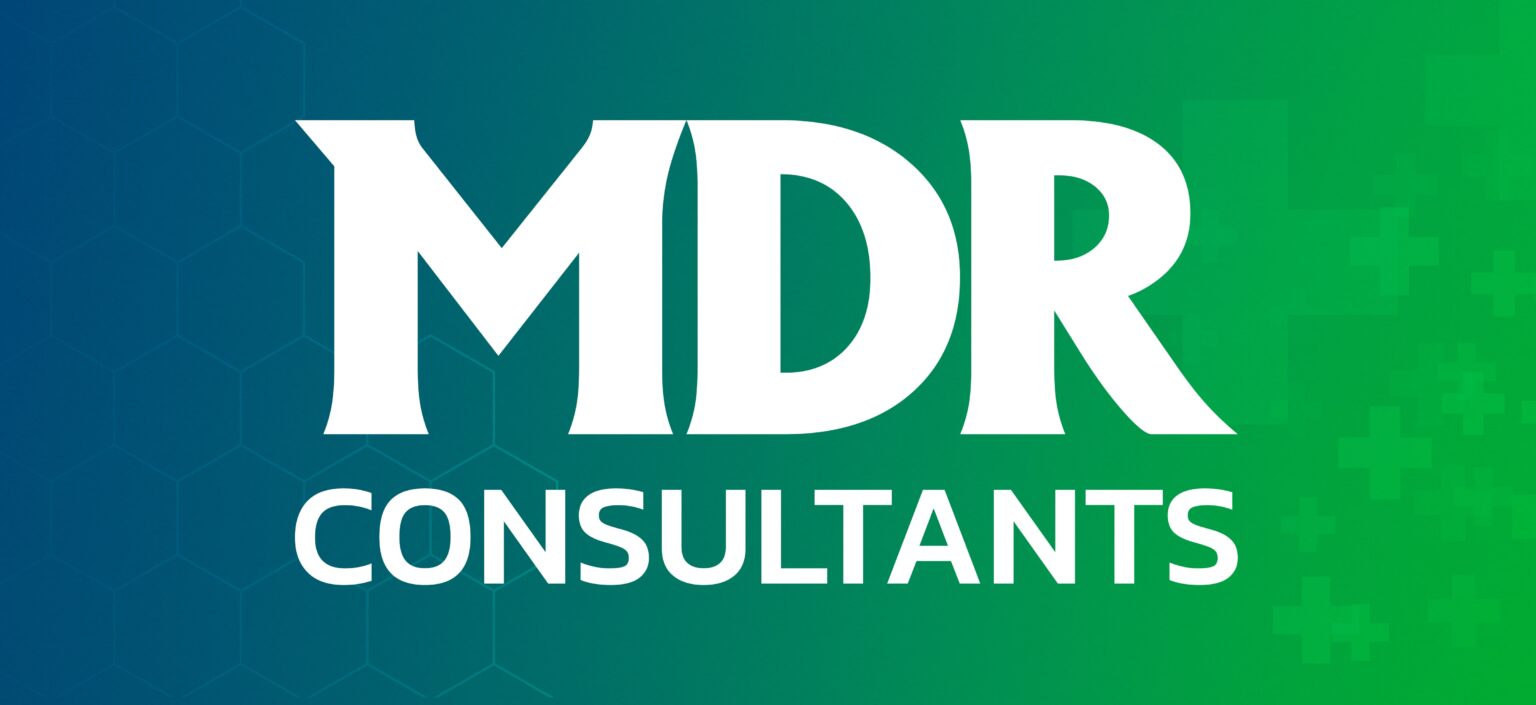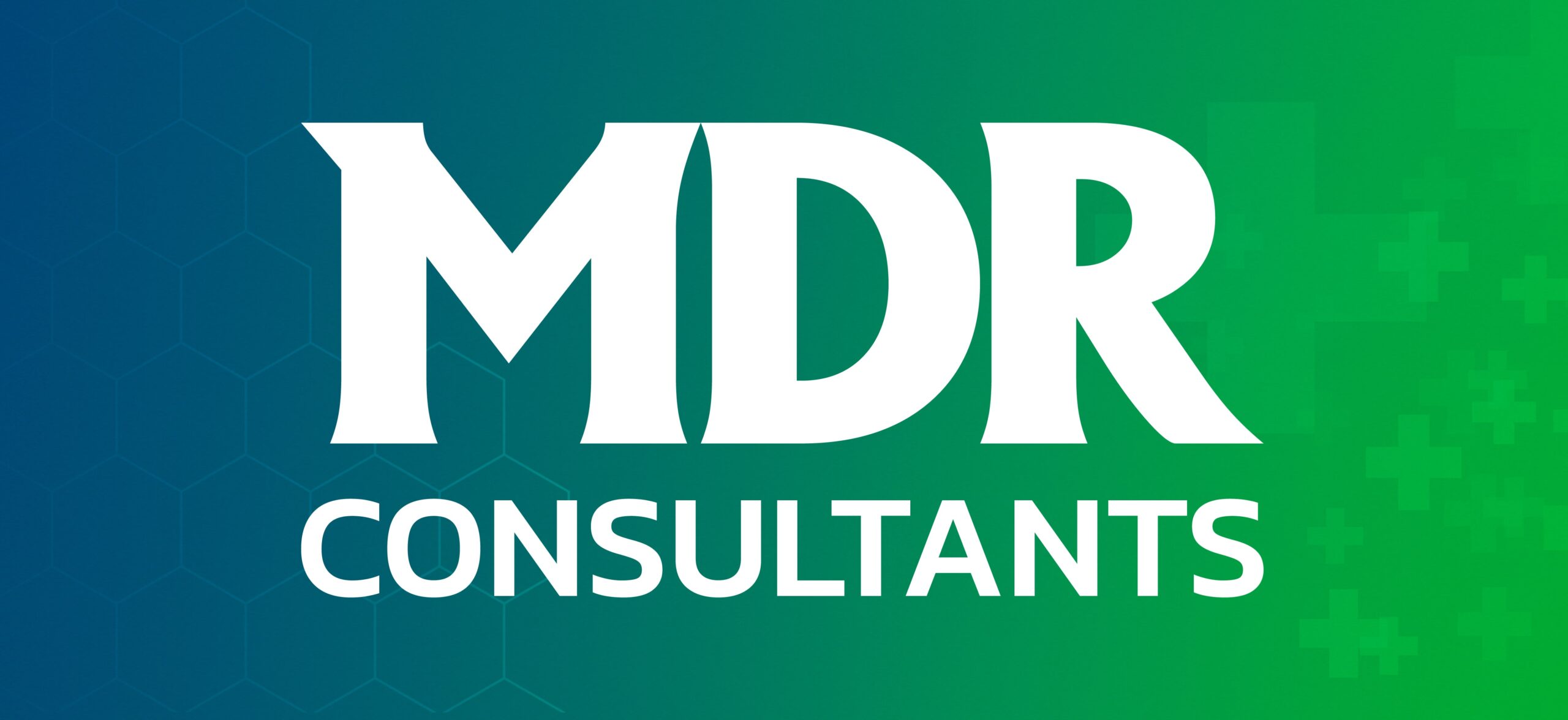Import Permission for IVD Clinical Performance Evaluations (Forms MD-24, MD-25)
For manufacturers, importers, and
Clinical Research Organizations (CROs) introducing innovative In Vitro Diagnostic (IVD) Medical Devices in
India, conducting a Clinical Performance
Evaluation (CPE) is a mandatory regulatory step. This rigorous
evaluation assesses an IVD device’s analytical and clinical performance,
ensuring its accuracy, reliability, and suitability for its intended diagnostic
purpose when used with human samples.
In India, this crucial process is
governed by Forms MD-24 (Application)
and MD-25 (Permission) under
the Medical Devices Rules, 2017, and
is meticulously regulated by the Central
Drugs Standard Control Organization (CDSCO). Obtaining these permissions is
paramount for bringing safe, effective, and compliant new IVD technologies to
the Indian market.
What are Forms MD-24 & MD-25?
These
forms are the cornerstone of the regulatory framework for conducting Clinical
Performance Evaluations of IVD medical devices in India:
·
Form
MD-24: Application for Permission to Conduct Clinical Performance Evaluation of
a New In Vitro Diagnostic Medical Device.
o This is the detailed online application
submitted to the Central Licensing Authority (CLA) under CDSCO.
o It outlines the proposed CPE, including
the IVD device’s details, the comprehensive evaluation plan, and supporting
data demonstrating its in-house performance.
·
Form
MD-25: Permission to Conduct Clinical Performance Evaluation of a New In Vitro
Diagnostic Medical Device.
o This is the official permission document
issued by the CLA upon successful review and approval of the MD-24 application.
o Form MD-25 grants legal authorization to
conduct the CPE based on the submitted plan, ensuring the evaluation is carried
out according to established regulations and scientific principles.
o The permission in Form MD-25 is typically
valid for 2 years, during which the clinical performance evaluation study
should commence. Any major changes to the approved plan need to be reported to
CDSCO.
Why is a Clinical Performance Evaluation (CPE)
Crucial?
The CPE is a systematic and
mandatory step for gaining regulatory approval for new IVDs in India, offering
several key benefits:
- Systematic
Performance Study: It provides a systematic evaluation
of your IVD’s performance using actual human samples, directly assessing
its effectiveness for its intended use.
- Ensures
Safety & Efficacy: The CPE helps gather vital data on
the device’s safety and efficacy, which is crucial for demonstrating
conformity to the essential principles of safety and performance for
medical devices.
- Regulatory
Requirement: Conducting a CPE is a
non-negotiable step for obtaining market authorization for new IVDs in
India.
- Data
Collection for Approval: The data collected during the CPE
is essential for demonstrating the device’s performance characteristics,
such as accuracy, precision, sensitivity, and specificity, under
real-world conditions.
- Classification
Specificity: Requirements for CPE may vary based
on the classification (Class A, B, C, or D) of the IVD, ensuring
appropriate rigor for different risk levels.
- Holistic
Evaluation: The CPE is part of a larger
performance evaluation process, which also includes analytical performance
studies.
Who
Can Apply for Permissions under Forms MD-24 & MD-25?
Applications for permission to
conduct clinical performance evaluations can be submitted by:
- Manufacturers: Companies
actively developing and producing new IVD medical devices.
- Importers: Entities
responsible for bringing new IVD medical devices into India for
evaluation.
- Clinical
Research Organizations (CROs): Organizations
contracted to manage and conduct performance evaluations on behalf of
manufacturers or importers.
Applicants must ensure that the
evaluation will be conducted at appropriate clinical laboratories or sites
staffed with qualified personnel, all operating under strict ethical committee
oversight.
The
Detailed Process: How to Obtain Permissions Under Forms MD-24 & MD-25
The application process for conducting a clinical
performance evaluation is comprehensive and primarily conducted online through
the CDSCO’s Sugam portal. It
involves several critical steps:
1.
Develop Performance Evaluation Plan (PEP):
Create a meticulously detailed Performance Evaluation Plan (PEP).
This foundational document outlines:
- The study design and objectives.
- Methodology for conducting the
evaluation.
- Specifics on sample collection and
handling.
- Detailed analytical procedures.
- Comprehensive statistical analysis plan.
2.
Obtain Ethical Committee (EC) Approval:
The developed PEP must undergo rigorous review and
obtain approval from an independent
Ethics Committee (EC). This EC must be registered with CDSCO, ensuring the
protection of human subjects’ rights and welfare throughout the evaluation.
3.
Identify Investigators/Sites:
Select qualified investigators and suitable clinical
laboratories or sites. These must possess the necessary facilities, equipment,
and expertise to competently conduct the performance evaluation.
4.
Compile IVD Device Information:
Gather comprehensive technical
specifications and performance data for your IVD device. This includes:
- Detailed technical specifications.
- Pre-existing analytical performance data
(e.g., in-house sensitivity, specificity, precision studies).
- A thorough risk assessment for the
device.
- A clear justification for conducting the
performance evaluation.
5.
Submit Application in Form MD-24:
The applicant submits the complete application via the
CDSCO’s Sugam portal. This online
submission includes the completed Form MD-24 along with all required supporting
documentation.
6.
CDSCO Review:
The Central Licensing Authority
(CLA) at CDSCO conducts a thorough scientific and regulatory review of the
submitted application.
- This review may involve expert
consultation by subject matter specialists.
- CDSCO may raise queries or request
further clarifications. Prompt and comprehensive responses are essential
for avoiding delays.
- The government processing time for this
approval is typically 1-2
months.
7.
Grant of Permission (Form MD-25):
Upon satisfactory review and fulfillment of all
requirements, CDSCO grants the official permission to conduct the clinical
performance evaluation in Form MD-25.
8.
Post-Permission Obligations:
- The study must commence within one year of
receiving the permission.
- Any major changes to the approved
evaluation plan must be reported to CDSCO.
- After the evaluation is completed, unused
devices can be either exported or destroyed, with prior intimation to
CDSCO.
Key to Success: A well-designed evaluation
protocol, meticulous documentation, and proactive engagement with the
regulatory authority are crucial for a successful and timely approval.
Why
Engage an MDR Consultant for Forms MD-24 & MD-25 Permissions?
Navigating the complexities of IVD
performance evaluation permissions can be challenging and time-consuming. An
MDR consultant provides invaluable expertise and support, significantly
streamlining this critical process:
- Strategic
Guidance: We advise on the optimal regulatory
strategy for your IVD performance evaluation, considering your device’s
classification, existing data, and overall market objectives.
- Protocol
Review & Optimization: We assist in developing or refining
your performance evaluation plan to ensure it meets both Indian regulatory
requirements and robust scientific rigor, maximizing your chances of
approval.
- Expert
Dossier Compilation: Our team expertly prepares and
compiles the extensive documentation required for Form MD-24, ensuring
accuracy, completeness, and adherence to CDSCO’s stringent formats.
- Efficient
CDSCO Liaison: We facilitate seamless
communication with the regulatory authority, proactively managing queries
and addressing any deficiencies raised, thereby significantly expediting
the review process.
- Ethical
& Regulatory Compliance: We ensure that your entire
application and proposed evaluation strictly adhere to both the Medical
Devices Rules, 2017, and the highest ethical guidelines, minimizing risks
of non-compliance.
- Risk
Mitigation: We identify potential regulatory
pitfalls early in the process and help you implement strategies to
mitigate risks that could lead to costly delays or rejections.
- Time
and Resource Efficiency: By handling these complex
regulatory aspects, we streamline the application process, saving your
organization valuable time and resources. This allows your team to focus
on innovation and market development.
2025-09-29 18:32:54

